From May 1st, the Govt. of India allowed people above the age of 18 to register for the Covid Vaccine. Considering the rapid rise in cases, and the excessive burden on the country’s healthcare system, vaccination is the best solution against the virus.
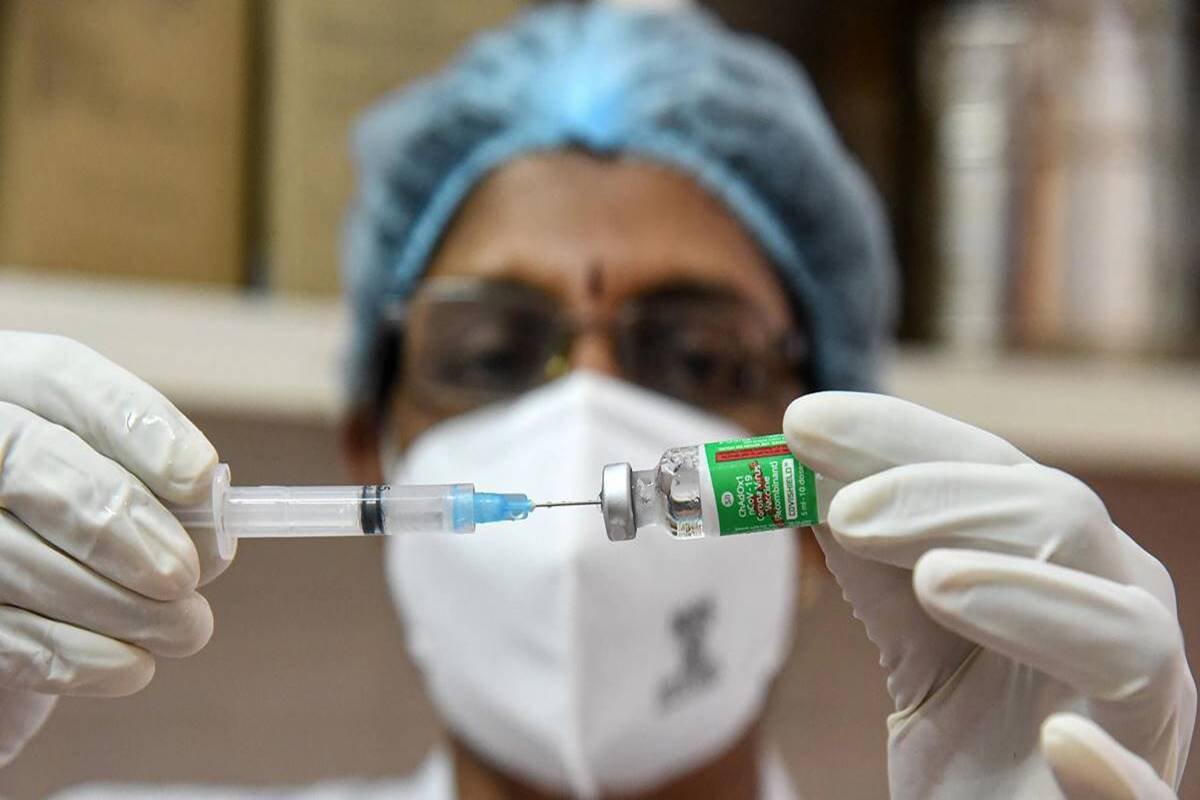
If you’re getting vaccinated (and can hopefully register), then here are a list of basic dos and don’ts to follow before and after vaccination:
Before Vaccination:
Make sure to register for the vaccine and book a slot on the Co-WIN portal since walk-ins are not allowed.
4 People can register on the site using one phone number. However, please ensure that every person getting vaccinated carries their individual photo identification document.
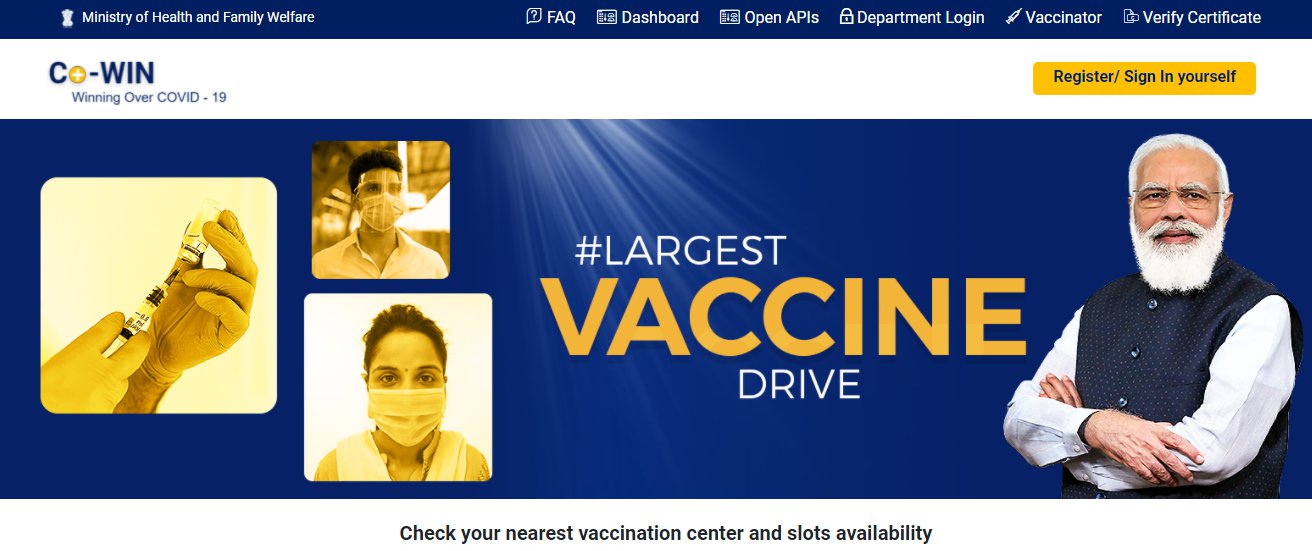
Keeping in mind the rapid speed at which Covid-19 is spreading, avoid crowding vaccination centers, wear a mask, and maintain social distancing.
Try to wear a shirt with short sleeves or no sleeves that makes it easier to take the vaccination.
After receiving your vaccination shot, please wait at the vaccination center for at least 30 minutes, at the dedicated observation area. This is for authorities to monitor AEFI i.e. adverse event following immunisation (AEFI).
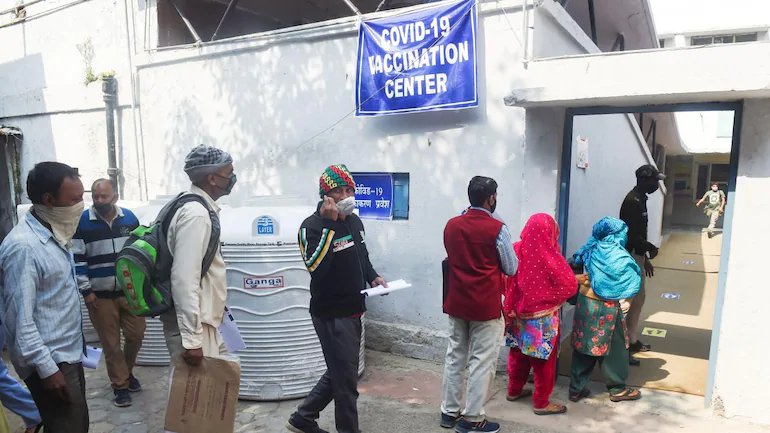
As per MOHW, if you’re currently on any medication, you can continue to take the medication but inform the vaccinator beforehand.
However, it is advisable to consult with your doctor if you are a high-risk patient suffering from diabetes, high BP, etc. Cancer patients on chemotherapy should definitely consult a doctor.
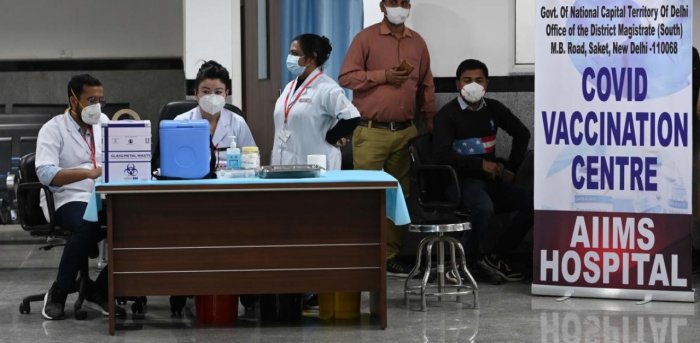
If you are allergic to a particular drug or have allergies, it would be advisable to seek the advice of a medical practitioner and obtain an all-clear certificate, if needed.
It is perfectly safe for people who are menstruating to take the vaccine, irrespective of what stage of their cycle (pre-menstruation, while menstruating, or post-menstruation) they are at.
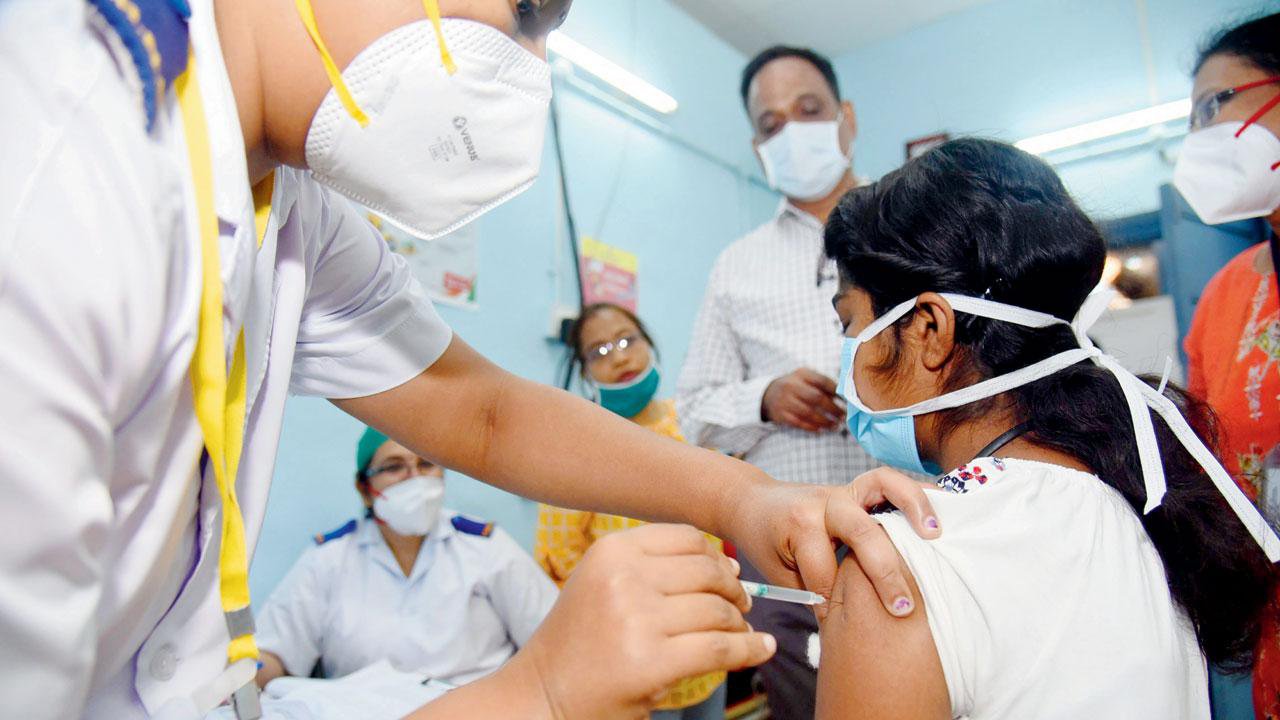
Pregnant and lactating mothers were not part of the clinical trials for the vaccine, and should not take the vaccine without discussing it first with their doctors.
If you have a history of coagulation or bleeding disorder like ‘haemophilia’, then MOHFW advises that vaccination should be taken under the additional supervision of their treating physician. As per MOHFW, this does not include people on blood thinners like aspirin and antiplatelet drugs.
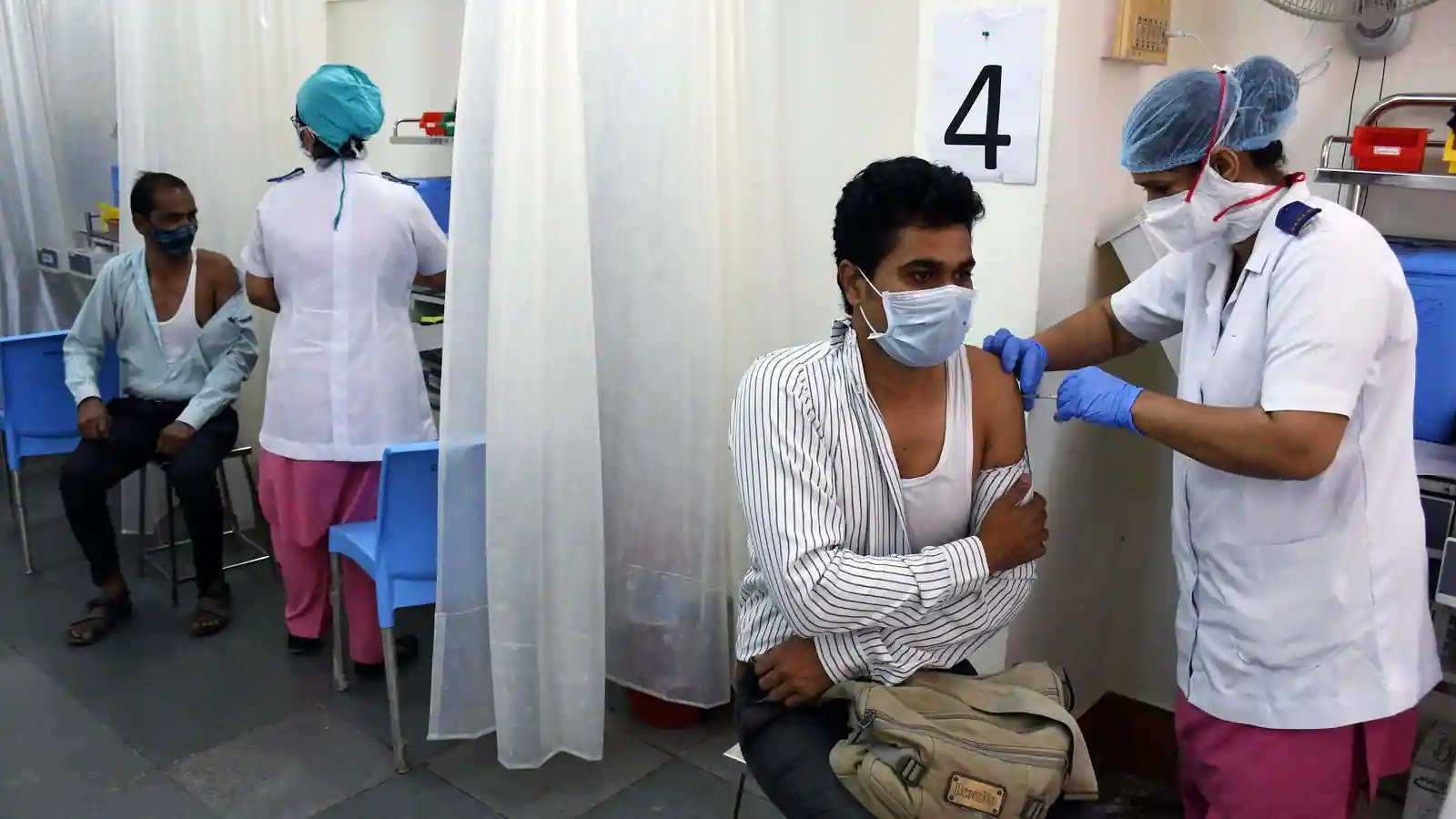
Do not miss the second dose of the vaccine. You can take the second dose after a gap of 4 to 8 weeks from receiving the first dose. Make sure to take the second dose of the same vaccine that you were administered in the first dose.
Getting anxious about getting the vaccine and/or possible side effects is perfectly normal. However, people usually experience only mild side effects. But, if you’re feeling extremely anxious, prepare for the shot mentally by discussing the process with your doctor and vaccinator.
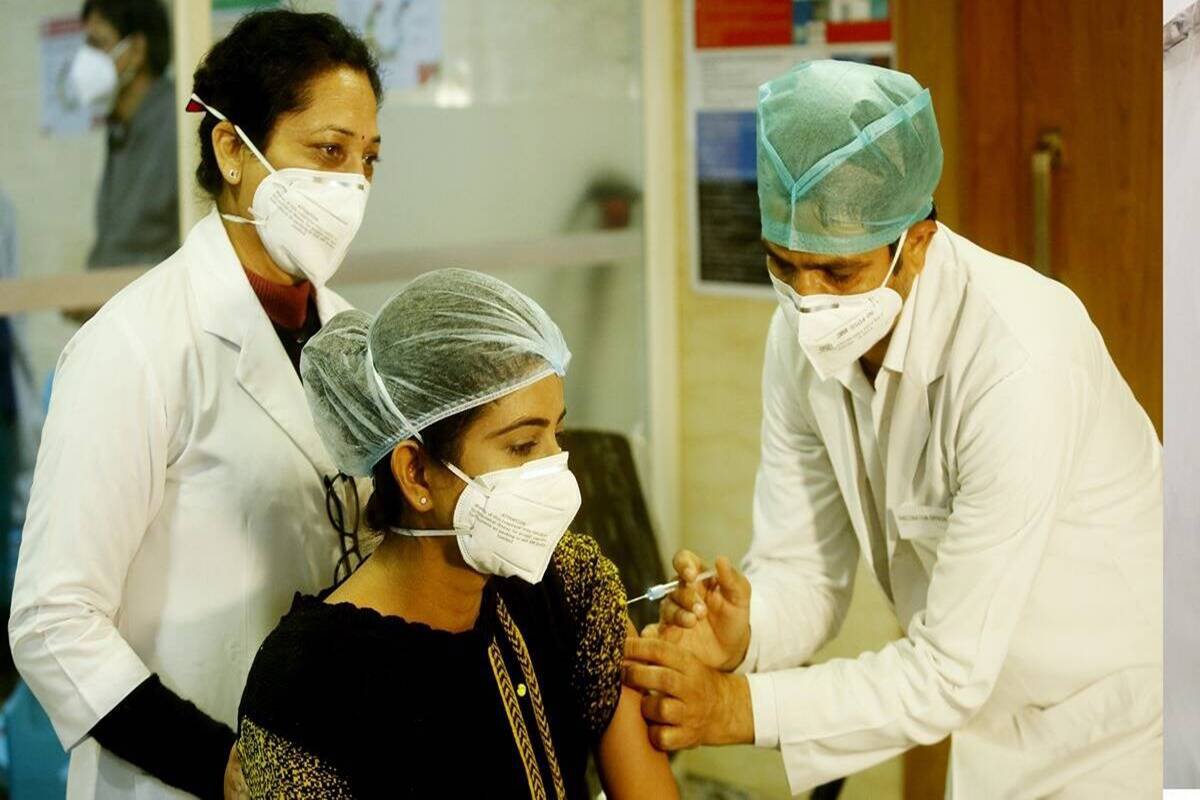
After Vaccination:
Mild side-effects, such as fever, body ache, headache, pain at the spot of vaccination, are normal and should not be confused for the Covid-19 virus.
However, if your side effects persist for more than two to three days or if the side effects worsen, please contact a doctor, and reach out to your assigned health worker.
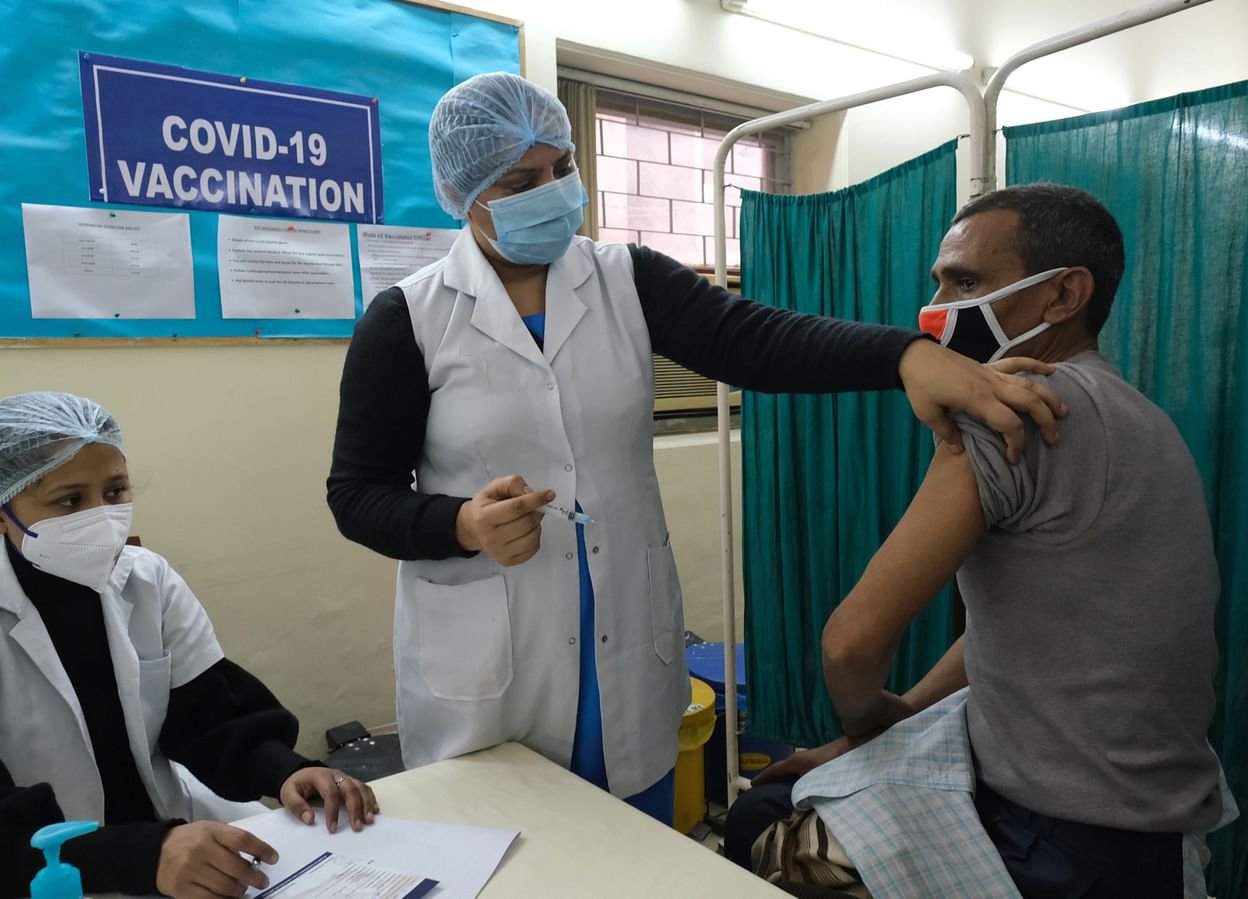
While alcohol will not render the vaccine ineffective against the infection, or affect the formation of antibodies, it is advisable to abstain from drinking for at least a day after you’ve received the vaccination shot. Ideally, avoid it for three days after you’ve taken the shot.
People should avoid smoking after receiving the vaccination shot, as smoking may lower the body’s antibody response. If you’re a smoker, use a nicotine patch or gum instead.
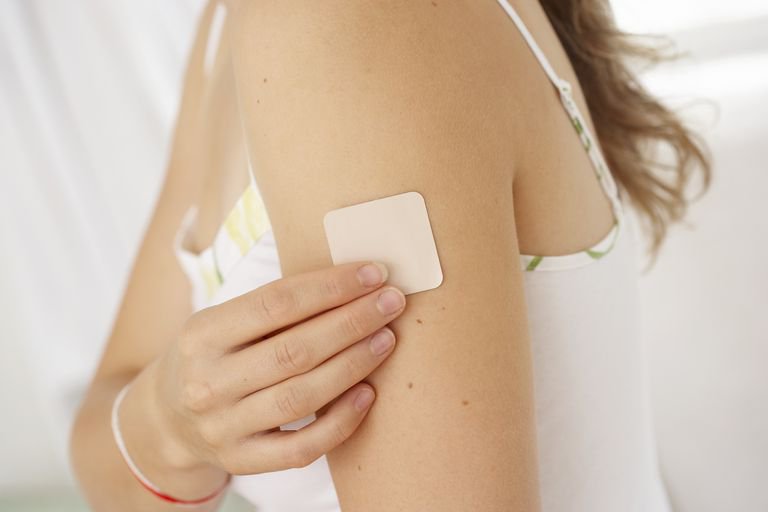
Ensure that you hydrate regularly, increase your intake of protein, and try to sleep for at least 6 to 8 hours to allow your body complete rest.
You can not donate blood or blood products, like plasma, for 28 days after getting vaccinated.
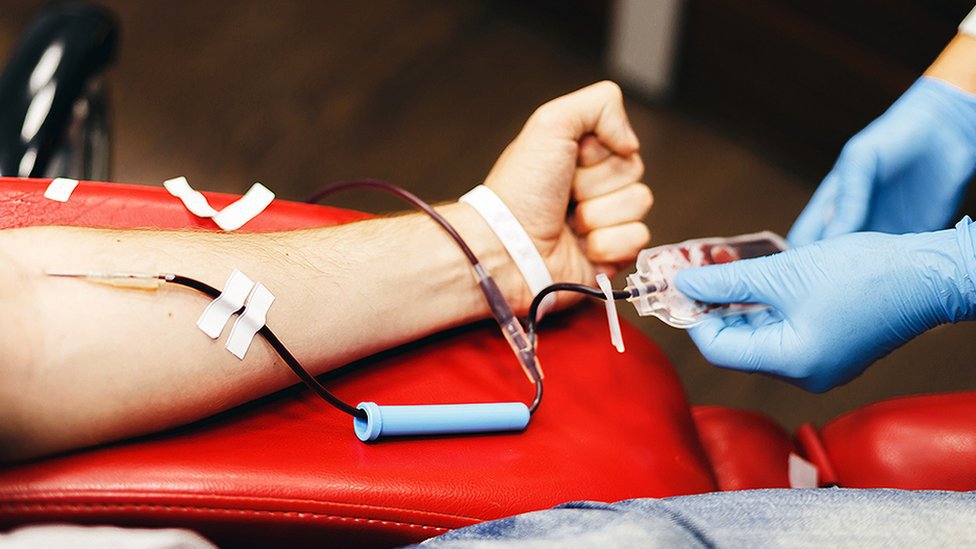
Do not stop wearing masks, using a sanitizer, washing your hands, and following social distancing after you’ve received the vaccine.
Vaccination does not mean you can not contract the Covid-19 virus and later spread it to at-risk patients. Vaccination reduces the risk of severe Covid-19 symptoms but does not completely eliminate the possibility of being infected by the virus.
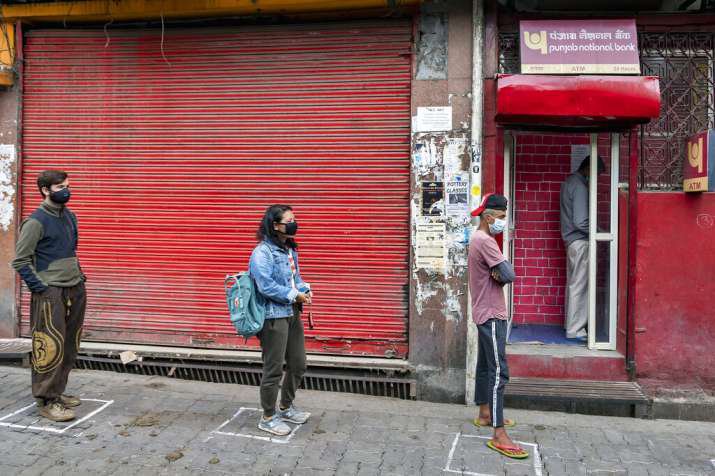
If you’ve contracted Covid-19, then wait for 4 to 8 weeks after recovery from your symptoms to take the vaccine. If you suspect you have Covid-19, get yourself tested, and reschedule your vaccination date.
Make sure to obtain your provisional and final vaccination certification. Vaccination certifications for Covid-19 in India can be downloaded through the Co-WIN portal (cowin.gov.in) or the Aarogya Setu app or through Digi-Locker. Do not lose your vaccination certificate.
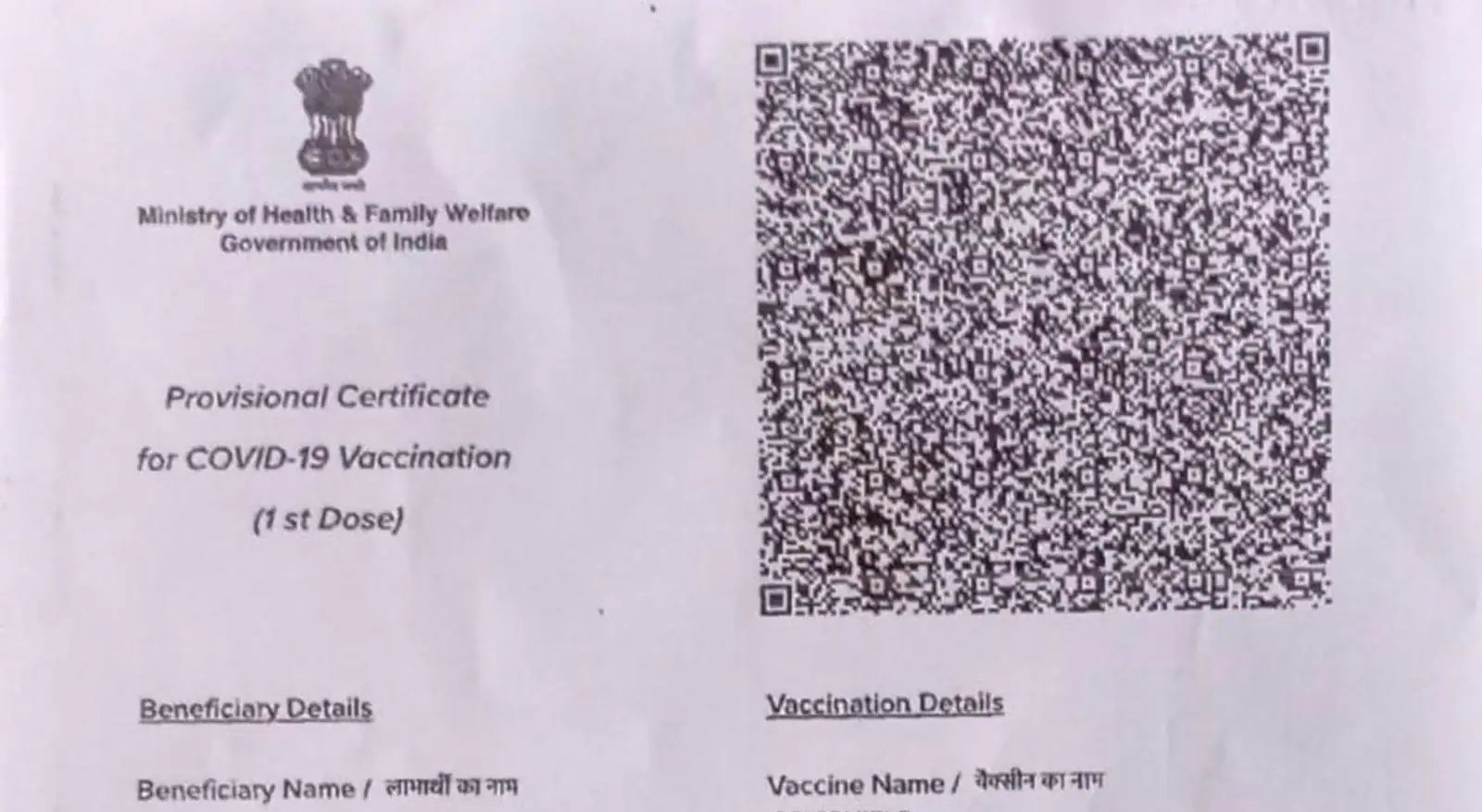
India currently has two vaccines, Covishield and Covaxin, and both are effective against the Covid-19, including the new strains.

















